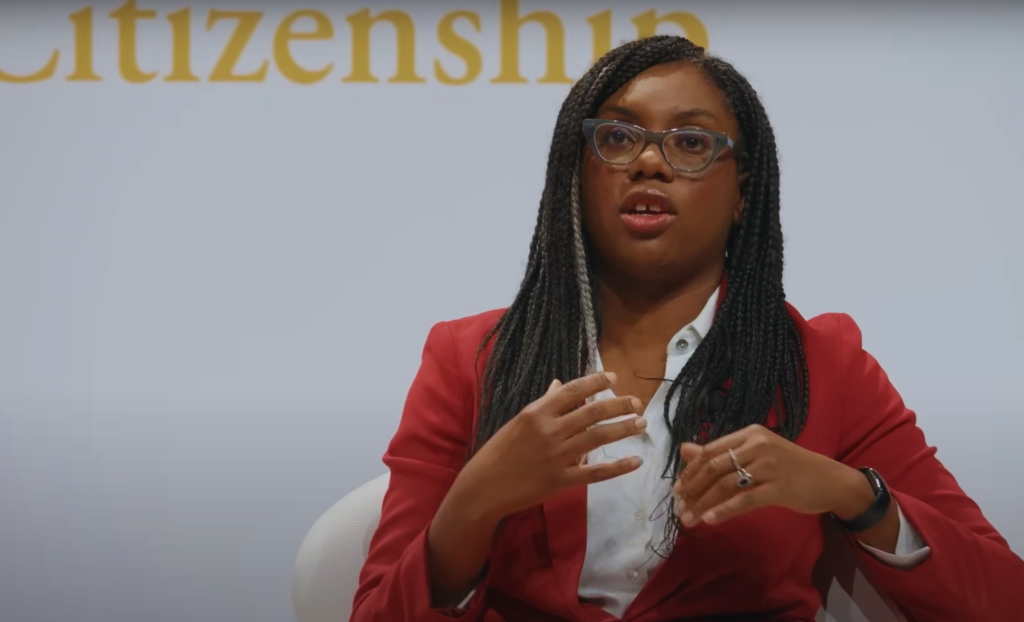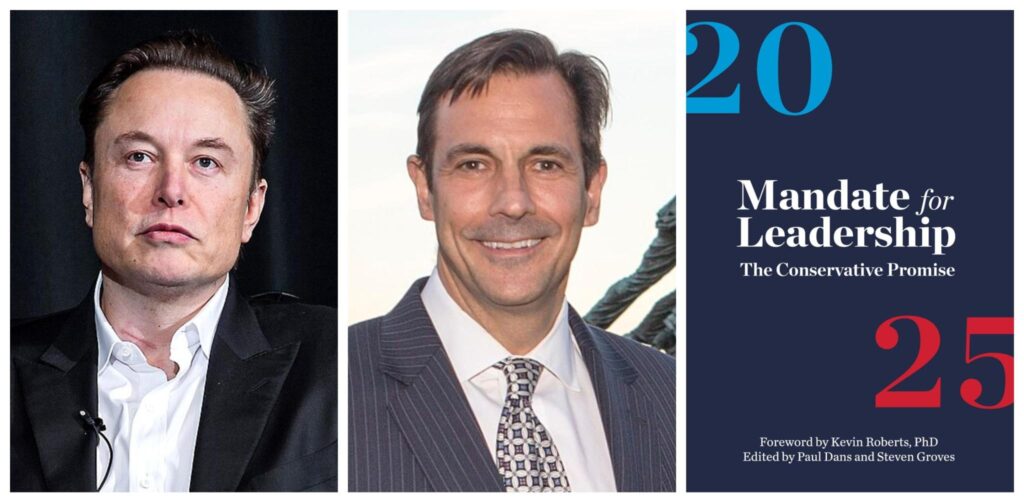On the lastest Climate Misinformation screed by columnist George Will, Washington Post blogger Andrew Freedman writes today on The Capital Weather Gang site that:
“Will’s climate change columns are a case study in how one can cherry pick scientific data to fit their own agenda. Take his most recent climate change column, for example, which ran in the Post last week. It contained the statement:
‘Reducing carbon emissions supposedly will reverse warming, which is allegedly occurring even though, according to statistics published by the World Meteorological Organization, there has not been a warmer year on record than 1998.’
Will appears to have borrowed this nugget from climate change skeptic web sites, which have elevated the argument that global warming has stopped or reversed to the status of an Internet ‘meme.’ However, it has been debunked time and again”
About time someone at the WaPo laid the smackdown on this unresearched garbage coming from George Will.
Subscribe to our newsletter
Stay up to date with DeSmog news and alerts






